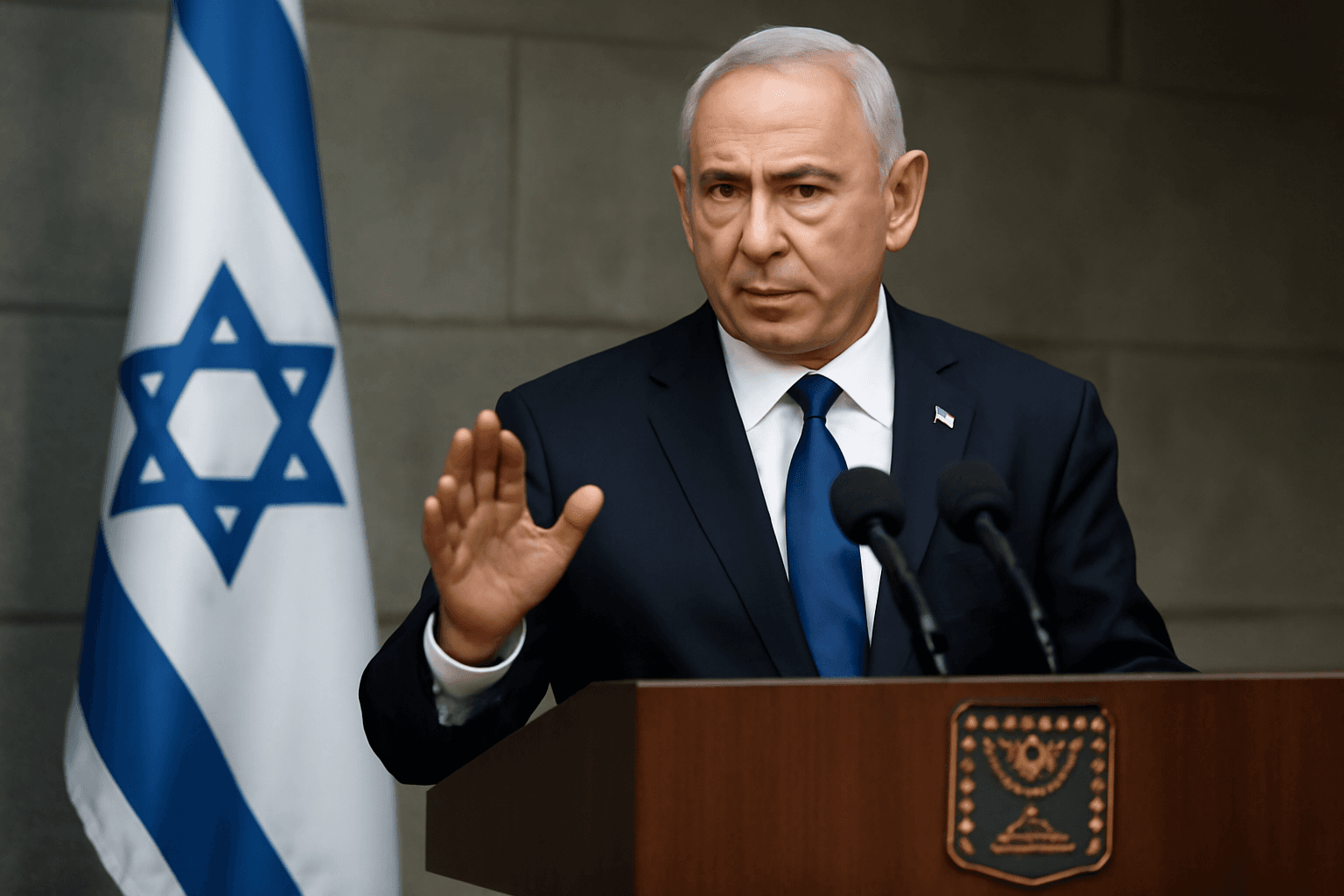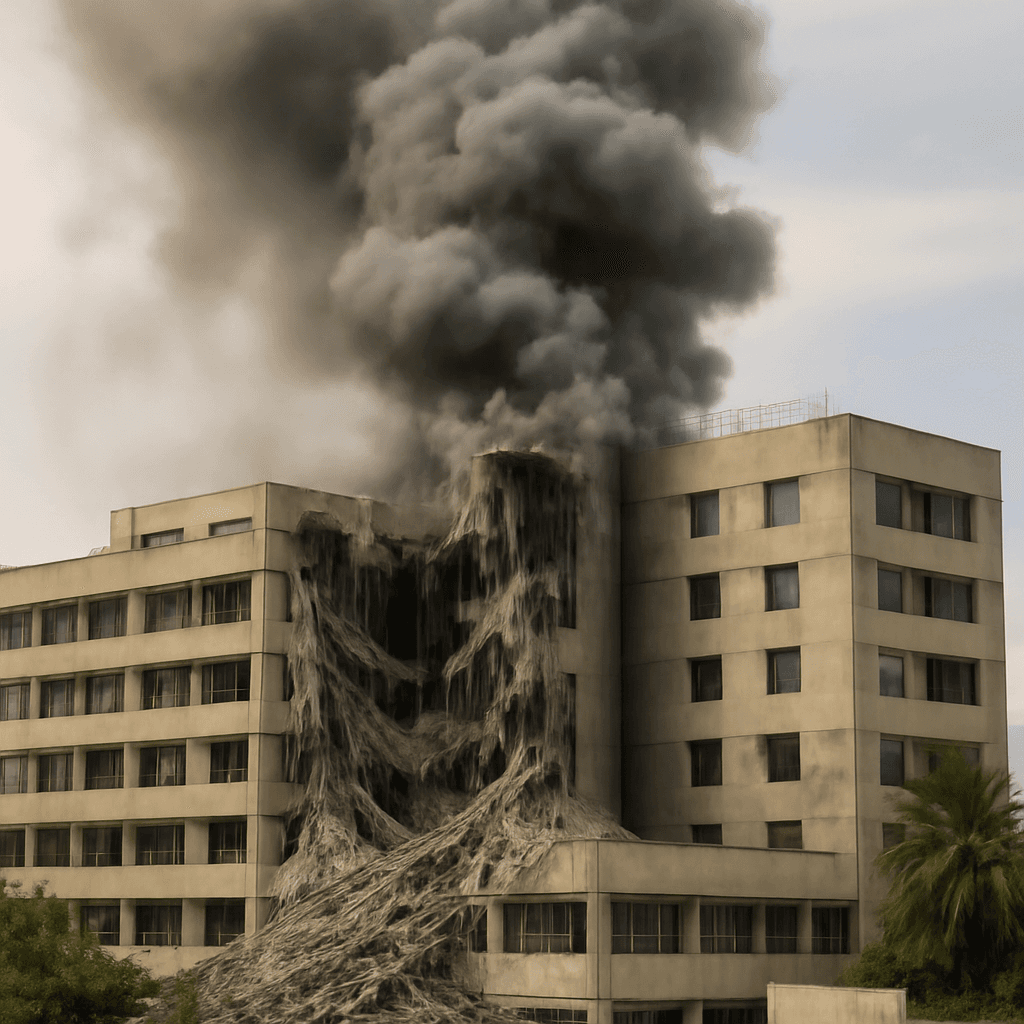Al-Qaeda in Yemen Threatens Prominent Figures Amid Gaza Crisis
In a bold move marking his first public address since taking the helm of al-Qaeda's Yemen branch in 2024, Saad bin Atef al-Awlaki issued sharp threats targeting former US President Donald Trump and entrepreneur Elon Musk. This declaration unfolds against the backdrop of the intensifying conflict in Gaza, where the group seeks to regain influence by exploiting rising regional tensions.
Direct Calls for Violence and Assassinations
Released early Saturday via an online video circulated by supporters of al-Qaeda in the Arabian Peninsula (AQAP), al-Awlaki urged lone-wolf attackers to target leaders in Egypt, Jordan, and Gulf Arab states. The video prominently displayed images of Trump, Musk, US Vice President JD Vance, Secretary of State Marco Rubio, and Secretary of Defense Pete Hegseth, alongside logos of Musk’s companies, including Tesla.
Al-Awlaki declared, "There are no red lines after what happened and is happening to our people in Gaza. Reciprocity is legitimate." Such language signals a potentially dangerous escalation, rooting AQAP’s threats directly in the ongoing Gaza conflict’s humanitarian tragedies.
Background: AQAP’s Position and Strategy
Once regarded as al-Qaeda’s most perilous branch—particularly after the 2011 elimination of a key leader—AQAP has been weakened by internal disputes and US drone campaigns but still commands a foothold in Yemen. The group continues to promote global jihadist ideology.
Al-Awlaki, who carries a $6 million US bounty, succeeded former leader Khalid al-Batarfi following Batarfi’s confirmed death in 2024. Washington accuses al-Awlaki of spearheading incitement efforts aimed at the US and its allies.
Regional Turmoil: Gaza Conflict Spurs Militant Activity
The group's threats coincide with heightened activity by Yemen’s Iran-backed Houthi rebels, who have launched missile attacks targeting Israel and struck vessels in the Red Sea. This has led to intensified US naval responses, with Pentagon officials describing current hostilities as some of the fiercest combat since World War II.
Historically rivals—given sectarian divides and Yemen’s internal conflicts—the Houthis and AQAP have reduced direct confrontations recently. Instead, AQAP continues strikes against the Saudi-led coalition forces. According to UN estimates, AQAP maintains a network of approximately 3,000 to 4,000 active members and sympathizers, funded through illicit activities such as robberies, smuggling, counterfeiting, and ransoms.
Reclaiming Influence Through the Gaza Conflict
As the Houthis draw admiration across the Arab world for their stance against Israel, al-Awlaki appears determined to reassert AQAP’s relevance by vocalizing solidarity with Palestinians in Gaza. This strategy aims to contest the Houthis' narrative dominance in the region’s resistance discourse.
Experts note that for many foreign policy and security analysts, Yemen often slips from focus, despite its lingering strategic importance. This development is a stark reminder that unrest there continues to ripple across broader Middle Eastern geopolitics.
Mohammed al-Basha, an analyst, commented on this shifting dynamic: "As the Houthis gain popularity as leaders of the Arab and Muslim world's resistance against Israel, al-Awlaki seeks to challenge their dominance by presenting himself as equally concerned about the situation in Gaza."


















